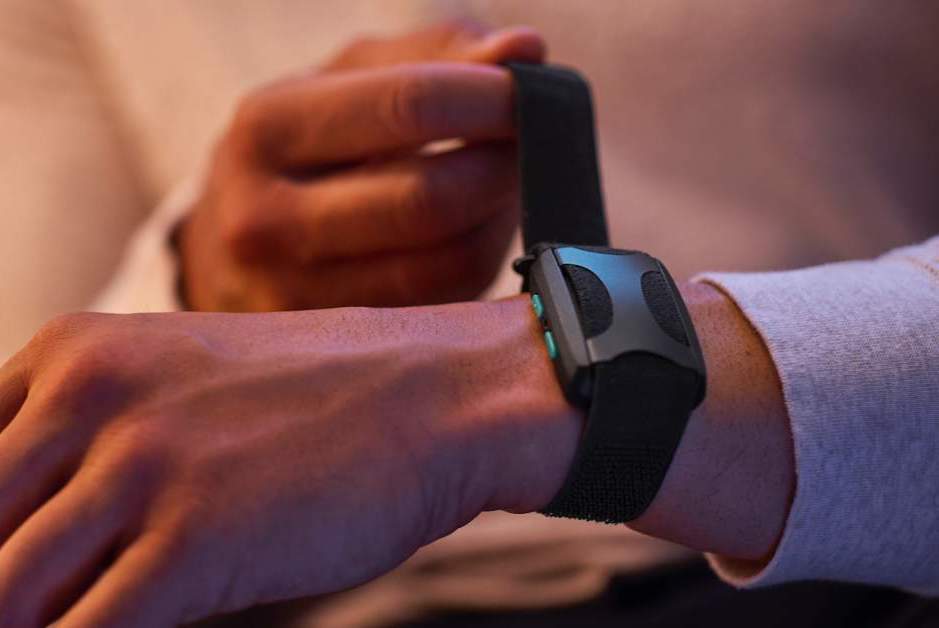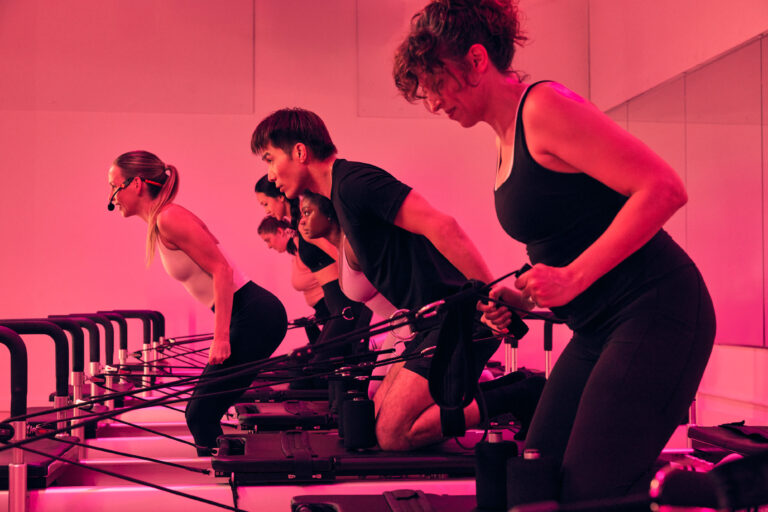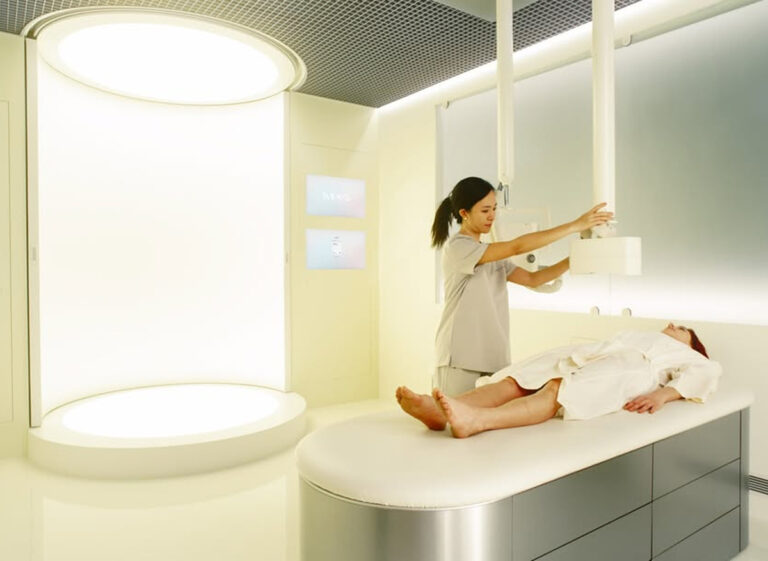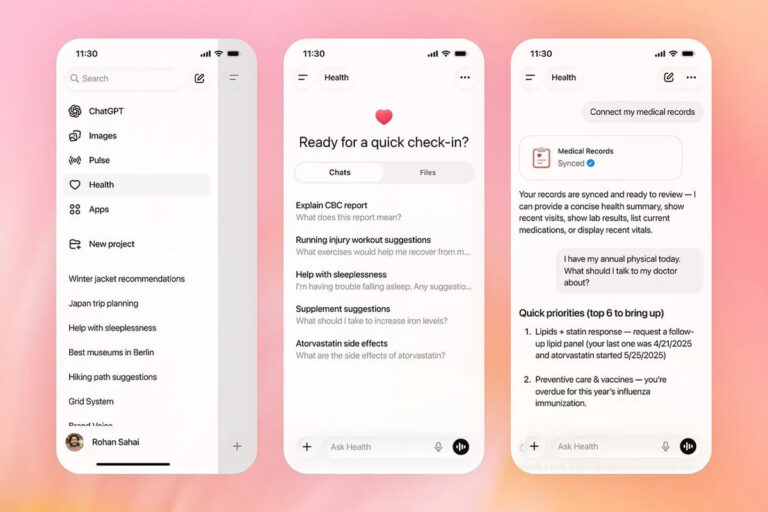Apollo Neuro, creators of a wrist-worn device that increases resilience to stress, closed a $15M Series A round, valuing the company at $100M.
Promising improved cognitive function, sleep quality, and heart rate variability (HRV), Apollo’s wearable aims to enhance mental well-being with physical touch.
A New Touchpoint
Worn on the wrist or ankle, the Apollo Neuro band bills itself as a health improvement tool, not a health tracker.
Bringing touch therapy to the mainstream, the wearable delivers silent vibrations — strengthening the body’s nervous system and training its fight-or-flight response.
Citing its own 2021 study, the average Apollo user sees marked improvement in stress and anxiety:
- 19% increase in deep sleep, with a 14% increase in REM
- 5% lower resting heart rate
- 11% average increase in HRV (a metric linked to the body’s recovery from stress)
When polled, users saw a 40% reduction in anxiety while also reporting a 50% gain in energy and 25% bump in focus — all a result of strategically delivered low-frequency sound waves.
Head in the Game
In 2021, mental health startups across the globe raked in $5.5B in funding, a 139% increase from the year prior.
At the same time, health wearables are in overdrive, with device makers zeroing in on emotion– and anxiety-sensing tech:
- Amazon’s Halo launched a Tone function that analyzes mood through speech.
- Sonde Health ($16M Series A) and Kintsugi ($20M Series A) pair with a smartphone or earbuds to detect anxiety and depression through vocal biomarkers.
- WHOOP popularized HRV tracking and “Strain” score to track’s the body’s physical stress; Oura and Fitbit both added “Readiness” scores in 2020 and 2021, respectively.
And with an acceleration of next-gen health wearables, like cortisol-sensing sweat patches from Epicore and Xsensio, stress monitoring will inevitably become a new benchmark feature in the wearable world.
Takeaway: Apollo Neuro’s wearable comes with a $350 price tag. A one-time fee, it bucks the trend of startups that gatekeep your performance data with a paid monthly subscription. But to find acceptance—and make a dent in an anxiety pandemic—touch-tech will need to stand out in a sea of health devices.






